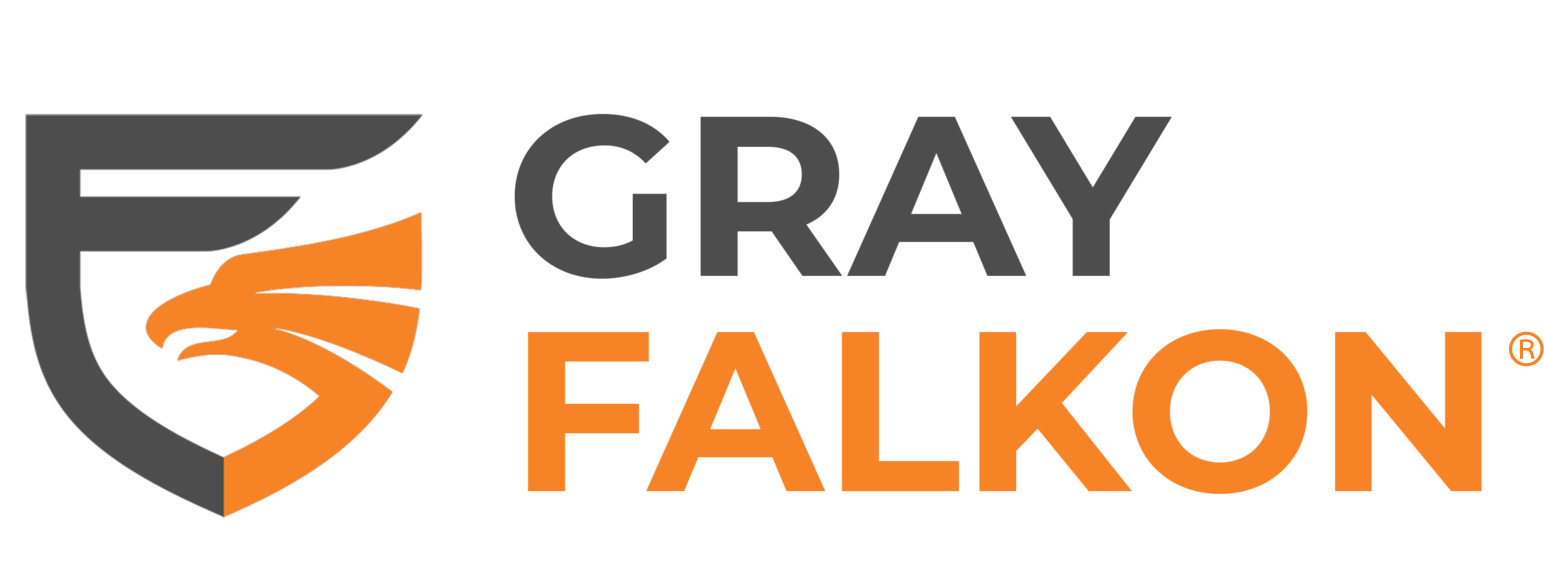
In the ever-evolving landscape of eCommerce, maintaining brand integrity and competitive pricing is crucial for success. One effective strategy that brands leverage to protect their image and ensure pricing fairness is the implementation of Minimum Advertised Price (MAP) policies. MAP policies play a pivotal role in preserving brand value, preventing price wars, and maintaining healthy relationships with retailers. In this comprehensive guide, we delve into what MAP stands for, its significance in eCommerce, and practical steps for effective implementation and enforcement.
What is MAP and Why It Matters
Minimum Advertised Price: A Definition
Minimum Advertised Price (MAP) refers to the lowest price a retailer is allowed to advertise a product for sale. Not to be confused with the selling price, MAP restricts only the advertised price, giving retailers the freedom to sell the product at any price they choose, as long as it’s not advertised below the MAP threshold.
The Importance of MAP in eCommerce
MAP policies are crucial in eCommerce for several reasons:
Brand Value Preservation: By setting a price floor, MAP helps maintain the perceived value of products, ensuring that brands are not undervalued in the consumer’s eyes.
Retailer Relationship Management: MAP levels the playing field for all retailers, especially small businesses that cannot compete with larger entities in aggressive discounting wars.
Market Stability: It prevents price wars that can lead to a race to the bottom, ultimately hurting all players in the market, including the manufacturers.
Detailed Analysis of MAP Violations and Their Impact
As a leader in brand protection and online sales recovery, we understand the implications of MAP (Minimum Advertised Price) policy violations. These violations can have far-reaching consequences for brands, affecting everything from market positioning to consumer trust.
Understanding MAP Violations
MAP violations occur when retailers advertise or sell products below the minimum price agreed upon between the brand and its distributors or retailers. Such breaches can stem from various sources, including:
Intentional Undercutting: Retailers might deliberately lower prices to gain a competitive edge, disregarding MAP agreements.
Unawareness or Misinterpretation: Sometimes, violations occur due to a lack of understanding of the MAP policies or misinterpretation of their terms.
The Ripple Effect of MAP Violations
Brand Value Dilution: Consistent MAP violations can erode the perceived value of a product, leading consumers to question its quality and worth.
Channel Conflict: When certain retailers undercut prices, it can lead to conflicts among different sales channels, potentially damaging long-standing business relationships.
Racing to the Bottom: Widespread MAP violations can initiate a price war, ultimately reducing profit margins for all sellers, including the brand itself.
Gray Falkon’s Role in Addressing MAP Violations
Our technology not only identifies these violations but also tracks and monitors them helps in understanding their root causes. By identifying, tracking, and monitoring these patterns and trends, we provide insights that enable brands to take proactive steps in evicting sellers and blocking future violations. Our approach to handling MAP violations includes:
Immediate Detection and Notification: Through our real-time monitoring, we ensure that any MAP violation is quickly identified and communicated to you.
Strategic Enforcement Actions: We assist in devising and implementing effective enforcement strategies that deter further violations and uphold your brand’s pricing policies.
MAP violations, if unchecked, can significantly impact a brand’s reputation and bottom line. We are dedicated to helping you safeguard your brand’s value by effectively monitoring and addressing MAP policy violations, ensuring your products maintain their rightful market position and value.
Enforcing MAP Policies in the Digital Age
Enforcing Minimum Advertised Price (MAP) policies presents a set of unique challenges. The digital marketplace is characterized by its fast-paced nature, with online retailers capable of changing prices in real-time. This fluidity makes consistent monitoring and enforcement of MAP policies particularly demanding. The complexity is further heightened with the involvement of third-party sellers on platforms such as Amazon and eBay, who may not be directly accountable to MAP agreements established by brands.
Challenges in MAP Enforcement
Rapid Price Fluctuations: The digital nature of eCommerce allows for instantaneous price changes, making it challenging for brands to track and enforce MAP policies in real-time.
Diverse Seller Landscape: With a mix of authorized and unauthorized sellers, including third-party merchants, the enforcement of MAP becomes increasingly complex.
Online Anonymity: Some online sellers operate under anonymity, making it difficult for brands to identify and address MAP violations directly.
Strategies for Effective MAP Enforcement
To navigate these challenges, brands must adopt a multifaceted approach:
Regular Monitoring: Vigilant and continuous monitoring is essential. Employing advanced technologies like AI-driven price monitoring tools enables brands to efficiently track compliance across various eCommerce platforms, providing real-time alerts on any violations.
Clear Communication and Education: Establishing well-defined MAP guidelines and educating retailers about their importance is key. This involves not just laying out the consequences of non-compliance but also explaining how MAP policies benefit the entire ecosystem, including the retailers themselves.
Enforcement Mechanisms: Developing and implementing a set of clear and strict penalties for MAP violations is crucial. This may range from issuing warnings to temporary suspension or even permanent removal from distribution networks. Consistent enforcement of these penalties is essential in deterring future violations.
Legal Framework and Partnerships: Ensuring that MAP policies are compliant with legal standards is crucial. Collaborating with legal experts and developing a robust legal framework around MAP enforcement can aid in this process. Furthermore, building partnerships with eCommerce platforms can facilitate better enforcement mechanisms and compliance tracking.
Enforcing MAP policies in the digital age requires a blend of technology, clear communication, and strategic enforcement. By overcoming the challenges unique to online retail, brands can protect their market position, maintain fair competition, and uphold their value in the eyes of consumers.
The Role of Technology in MAP Monitoring and Compliance
The advent of AI and automation technologies has brought a significant transformation in how brands monitor and enforce MAP policies. Traditional methods of manual monitoring are no longer feasible in the vast and rapidly changing online marketplace. This is where technology steps in as a game-changer.
Embracing AI and Automation for MAP Enforcement
Real-Time Monitoring: AI-driven tools can scan thousands of websites and eCommerce platforms in real-time, identifying MAP violations as they occur. This immediate detection is crucial for prompt enforcement actions.
Data Analytics and Reporting: These technologies not only detect violations but also provide comprehensive analytics. Brands can receive detailed reports on pricing trends, violation patterns, and compliance levels across different retailers and platforms.
Automated Alerts and Actions: Automated systems can be configured to send alerts when a violation is detected. Some advanced systems can even initiate predefined enforcement actions, streamlining the process and reducing the response time.
Customization and Scalability: AI solutions can be tailored to the specific needs of a brand, considering factors like product categories, market segments, and geographical locations. They are also scalable, accommodating the growth and expansion of a brand’s online presence.
Gray Falkon’s Contribution to Technological Enforcement of MAP
Gray Falkon stands at the forefront of employing AI in the realm of MAP policy enforcement. Our proprietary technology is not just about identifying illegitimate sellers but is also instrumental in reclaiming lost revenues due to MAP violations. This dual approach of protection and recovery positions Gray Falkon as a pivotal player in helping brands maintain their market integrity and pricing strategies in the competitive eCommerce landscape.
How Gray Falkon Empowers Brands with Effective MAP Policy Implementation
At Gray Falkon, we understand the importance of maintaining control over your brand’s pricing in the online marketplace. Our AI and automated technology is designed to empower your brand, enabling you to effectively implement and enforce Minimum Advertised Price (MAP) policies.
Our Proprietary AI Technology: Your Shield Against Illegitimate Sellers
Our advanced AI and automation technology is at the core of what we do. It’s engineered to swiftly identify illegitimate sellers, providing your brand the agility to enforce MAP policies and recover lost sales. This technology ensures your brand’s pricing integrity by eliminating unfair pricing and maintaining a clean digital shelf space.
Customized Strategies for Your Brand’s Success
We pride ourselves on being a powerful ally in the eCommerce space, as evidenced by our partnerships with industry leaders like LifeScan and Cumberland Packing Corp. Our approach is not one-size-fits-all; we work closely with you to develop customized strategies that align with your unique goals, ensuring increased sales and compliance on eCommerce marketplaces.
By partnering with Gray Falkon, you gain a partner committed to protecting your brand’s online presence. Our technology, combined with tailored strategies, empowers you to navigate the complexities of online retail pricing and brand protection confidently.
Start Protecting Your Online Sales
Safeguarding your brand’s pricing strategy and maintaining market integrity are more important than ever. We specialize in empowering brands to protect their online presence through effective MAP policy implementation and enforcement. Our cutting-edge technology, combined with our strategic expertise, positions us as your ideal partner in navigating the complexities of online retail.
Take the first step towards safeguarding your brand’s value and reputation. Contact Us today to learn how we can tailor our solutions to meet your unique needs and help you maintain control over your online sales. Let’s work together to ensure your products are represented fairly and competitively in the digital marketplace.





